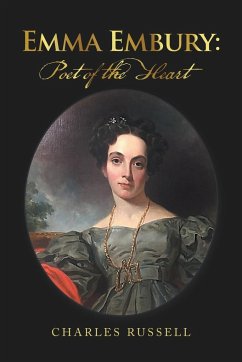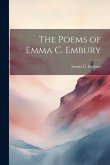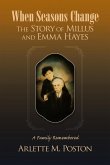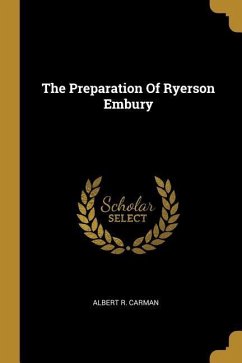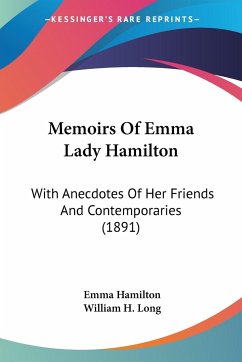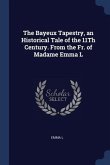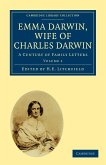Call her majestic. The most popular woman poet of America's 19th Century literary Renaissance. Her works were prodigious, inclusive, democratic. She published more than four-hundred poems, novels, and essays during her lifetime. She contributed poems to The Knickerbocker Magazine, The Lady's Companion, Columbian, Godey's Lady's Book, Graham's Magazine, and Religious Souvenir. Her story, Pictures of Early Life, was applauded as "highly interesting and instructive; and of a character which should place it in the hands of youth." In 1845 Edgar Allan Poe published her "Thoughts of a Silent Man" essays in his periodical Broadway Journal. Later. In "The Literati of New York City," a scholarly article he wrote for the August 1846 issue of Godey's Lady's Book, he classed Emma as one of the principal writers of the time. A precursor of feminism, she wrote, "If I were a man, as, thank God, I am not, for among my many blessings I rank first that of being a woman," and gave "An Address on Female Education" championing higher education for women that was reprinted in Woman and Higher Education, a collection essays by founders of the first women's colleges. Her "Essay on American Literature," was the first to propose that America should support a literary class in society and a national literature. Her skills extended beyond excellence as a writer. She played the piano and other musical instruments, sang in a lovely mezzo-soprano voice, and painted exquisite watercolors for her book Nature's Gems, the first book on American wildflowers.
Hinweis: Dieser Artikel kann nur an eine deutsche Lieferadresse ausgeliefert werden.
Hinweis: Dieser Artikel kann nur an eine deutsche Lieferadresse ausgeliefert werden.

